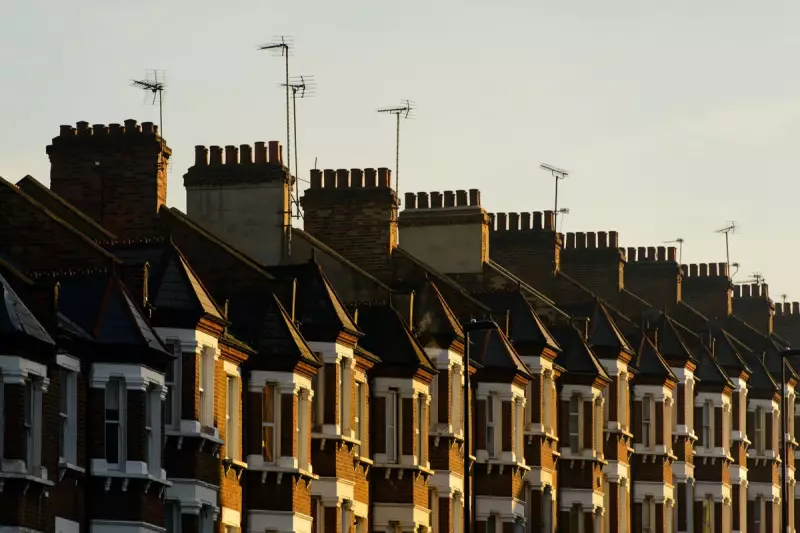
Chancellor Rachel Reeves is under significant pressure to find billions in new revenue as she prepares to deliver Labour's crucial autumn Budget. With weak growth forecasts creating a substantial financial hole, a controversial new levy on high-value properties, dubbed a 'mansion tax', is reportedly under active consideration.
The Fiscal Challenge Facing the Chancellor
Researchers from the Institute for Fiscal Studies (IFS) have issued a stark warning, indicating that Rachel Reeves may need to find at least £22 billion at today's fiscal event. This challenging situation is compounded by expectations that the Office for Budget Responsibility (OBR) will downgrade the UK's productivity performance, potentially creating an additional £20 billion gap in public spending.
Against this backdrop of economic strain and dropping living standards, ministers have insisted that any tax increases should be squarely focused on those with the most wealth. It is understood that the chancellor is currently evaluating a so-called 'mansion tax' that would target owners of high-value properties with a new charge.
How the Proposed Mansion Tax Would Work
Several versions of the potential property tax have been floated, each with the capacity to raise considerable sums for the Treasury. The most recent reports suggest the chancellor has scaled back initial plans, which would have affected 300,000 homes valued at £1.5 million and above.
Instead, the government is now considering applying the tax exclusively to homes worth over £2 million, of which there are approximately 150,000 in the UK. This more targeted approach could still raise between £400 and £450 million annually for the Treasury.
According to The Times, around 2.4 million properties in the top three council tax bands (F, G and H) will be revalued to determine which will be subject to the new surcharge. In a significant concession to concerned homeowners, individuals will reportedly be able to defer the cost until they die or sell the property, a measure designed to prevent forced sales.
Previous reports indicated the tax would likely take the form of a simple annual levy, charging one per cent of the property value above the £2 million threshold. Under this model, the owner of a £3 million home would face a yearly charge of £10,000.
Alternative Proposals and Expert Warnings
Earlier in the year, the Treasury was understood to be considering a different, less radical approach to a mansion tax that would involve changes to how capital gains are taxed. Currently, homeowners do not usually pay capital gains tax on the sale of their primary residence.
This would change under the proposed plans for high-value properties, likely those worth above £1.5 or £2 million. Sellers would be required to pay tax on the 'gain' they make from the sale, with rates of 18% for basic rate income tax payers and 24% for higher or additional rate payers.
However, several economists have warned the chancellor against either model of the tax, arguing it would add another layer of complexity to an already opaque property tax system. Many experts are instead calling for a complete overhaul, beginning with council tax which still uses property valuations from 1991.
Former IFS director Paul Johnson recently told The Independent that while a mansion tax on properties worth more than £2 million makes 'some sense', he cautioned that it 'wouldn't raise anywhere near enough to fill a significant hole' in public finances.
Johnson advocated for more comprehensive reform, stating: 'I'd be much happier with a proper comprehensive reform of property taxes which made council tax proportional to current value and got rid of stamp duty. Such houses are definitely undertaxed at present.'
As the Budget announcement approaches, all eyes will be on Rachel Reeves to see whether she opts for this targeted wealth tax or pursues alternative measures to address the UK's substantial fiscal challenges.





